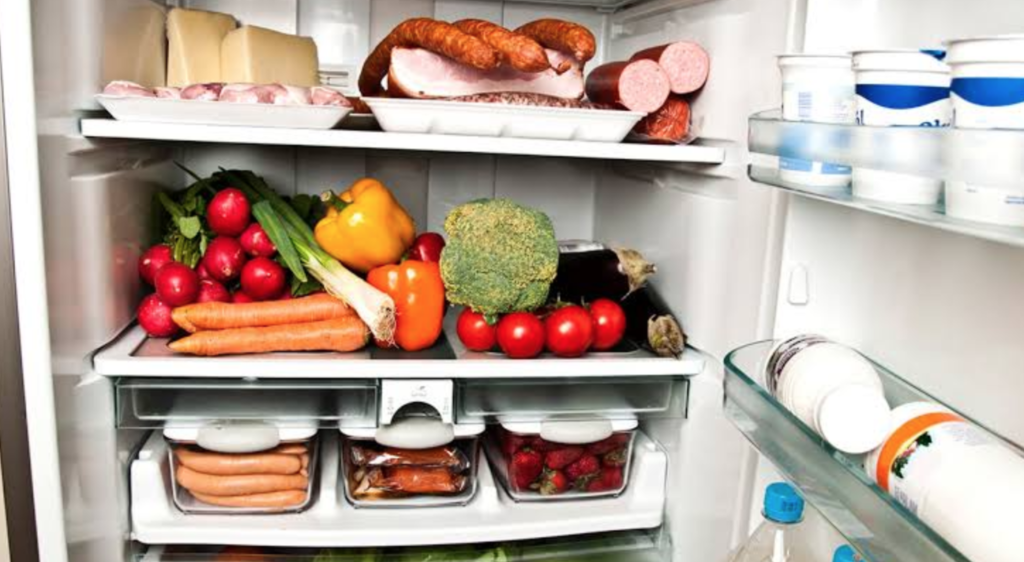EXCITING NEWS: TNG WhatsApp Channel is LIVE…
Subscribe for FREE to get LIVE NEWS UPDATE. Click here to subscribe!
The World Health Organization (WHO) has warned the public to dispose of food exposed to temperatures over 5 °C (41 °F) for no longer than two hours, as it will become unsafe for consumption.
The health organization in a series tweets posted on the microblogging platform, X made this known to commemorate the 2024 World Food Safety Day, themed “Food safety: prepare for the unexpected.”
World Food Safety Day, celebrated annually on June 7, was established by a United Nations General Assembly task force in 2018 to raise awareness and promote efforts to prevent, detect, and address public health risks associated with unsafe food.
“If there has been a power outage in your area, refrigerated or frozen food may not be safe to eat. Products can become unsafe if they have been exposed to temperatures above 5 °C for more than two hours.
“After four hours of a power cut, the following apply: Throw out all perishable foods in your fridge, such as meat, poultry, fish, and leftovers.
“Throw out all items in your freezer once they have thawed or cook them immediately, if they have been exposed to ambient temperature for more than two hours. Never eat food to determine if it is safe. If in doubt, throw it away,” WHO warned.
The health organization further admonish those in power outage-prone areas to ensure that they keep a supply of pre-packaged, ready-to-eat, and canned foods, along with bottled water.
“In case you live in areas prone to power outages, always keep a stock of pre-packaged, ready to eat and canned food, as well as bottled water for an emergency situation. Undamaged canned goods and commercial glass jars of food are likely to be safe.
“However, if possible, containers should be sanitised before opening them for use. Discard canned foods with broken seams, serious dents, or leaks; and jars with,” WHO advised.

